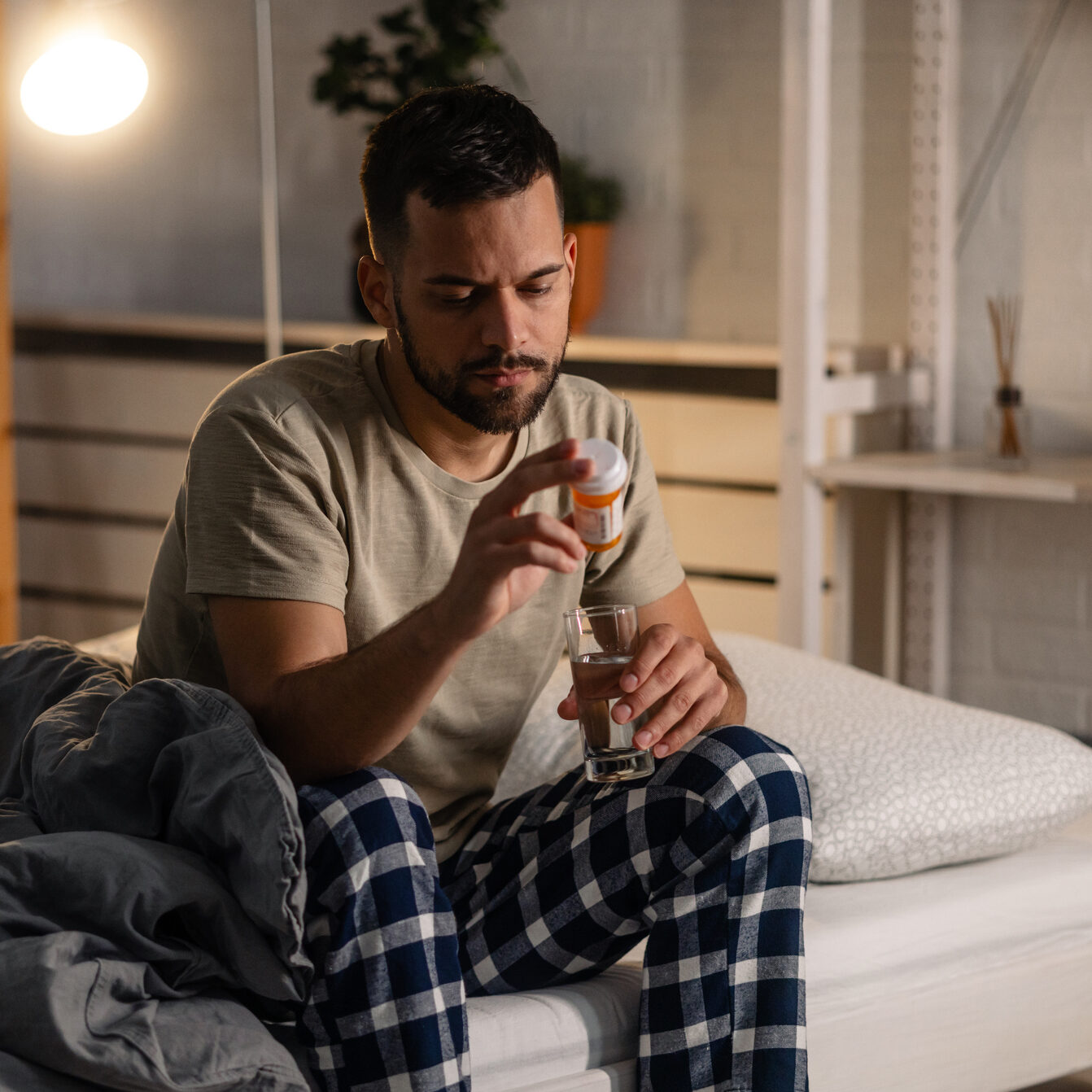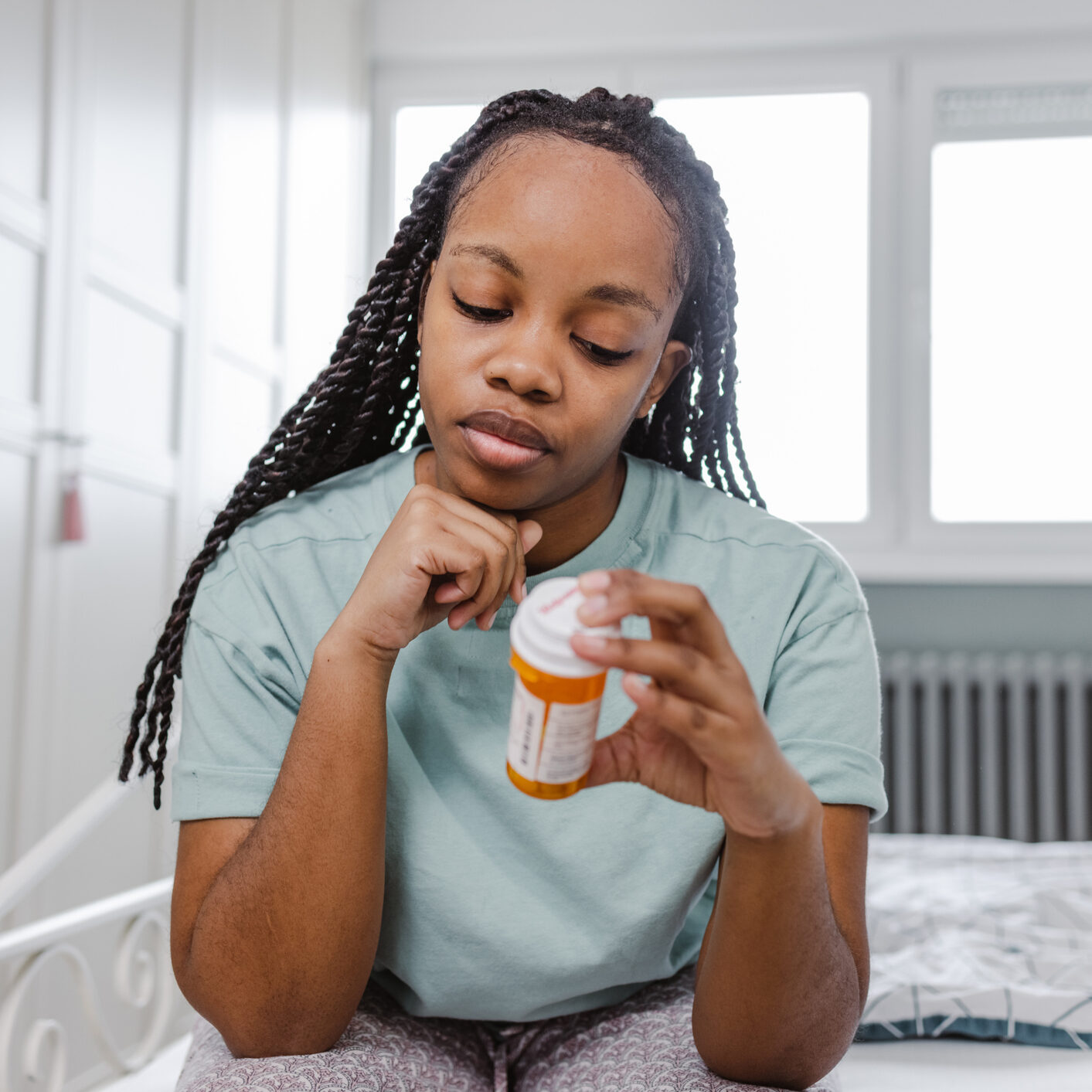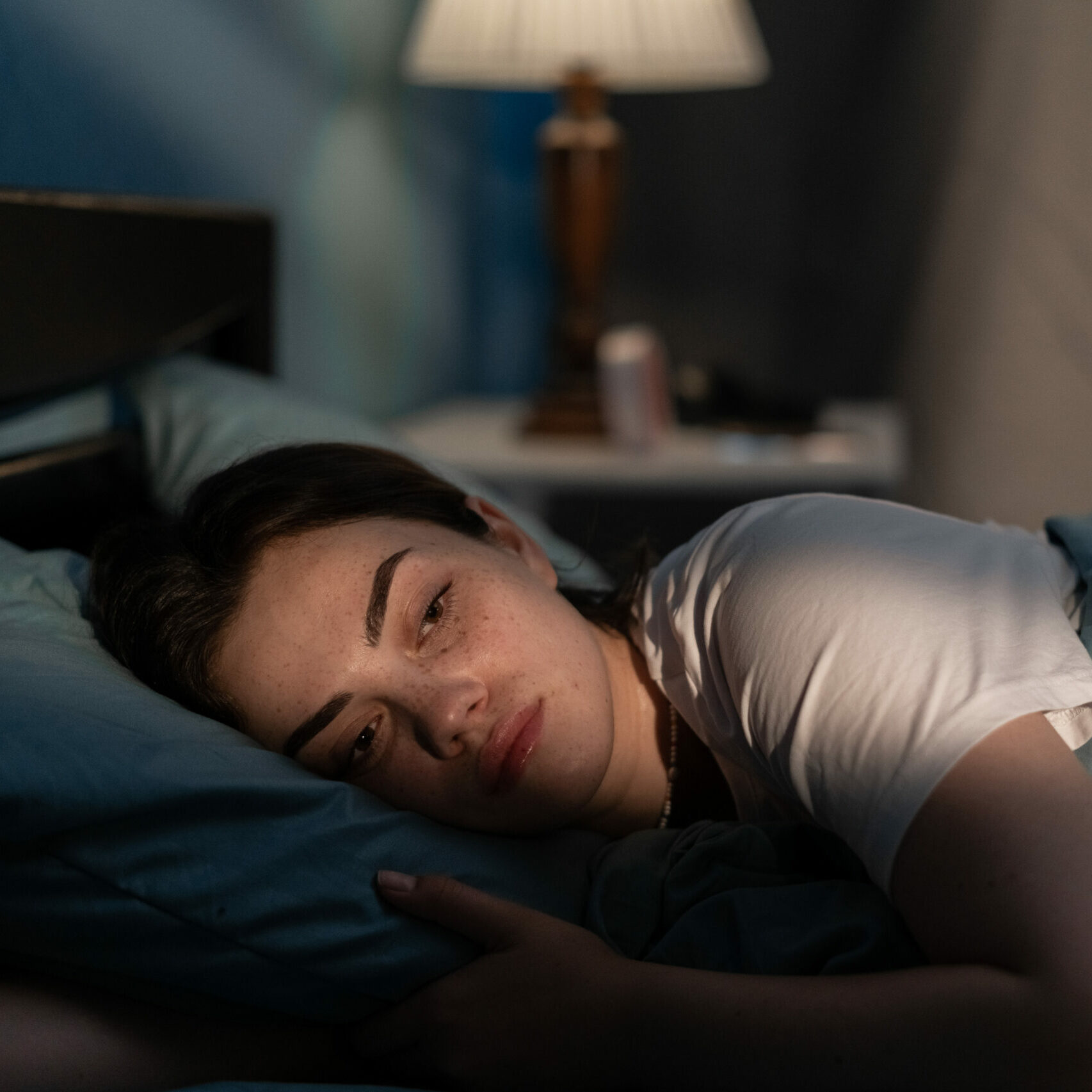Related Blog Posts
Explore topics related to the various mental health care treatments and areas of specialty offered by our top-tier clinicians and support staff.
-
Modern Modalities For MDD: A Deep Dive Into Transformative Treatments
Major depressive disorder (MDD), a common and serious mental disorder that negatively affects how people feel, think, act, and perceive…
-
Beyond The Blues: A Closer Look At Major Depressive Disorder
In today’s fast-paced digital age, accessing information has never been easier—but navigating accurate intel has become increasingly challenging. Conflicting opinions,…
-
Mental Health Champions: Why & How Brent Turnipseed Of Roots Behavioral Health Is Helping To Champion Mental Wellness
Asa part of our series about Mental Health Champions helping to promote mental wellness, I had the pleasure to interview Brent Turnipseed….
-
Is There a Safe Sleeping Medication I Can Take?
If you’ve tried all the non-medication suggestions to help you sleep and you’re still having issues, sleeping medications can be…
-
Antidepressant Pills Don’t Help Me! What Do I Do Next?
For the last several decades, treatment of depression consisted of either anti-depressant medications or psychotherapy or some combination of the…
-
Wellness Reimagined
5 Things That Should Be Done To Improve and Reform The Health & Wellness Industry In our world of constant…
-
Can’t Sleep? What You Can Do Before Getting on Sleeping Pills.
There are many reasons why you may not be able to sleep. The number one reason is poor sleep habits….
-
Should You Believe in Science?
Strange question but more people are asking it in the last few years especially with confusion, misinformation, and politicization around…
Modern Modalities For MDD: A Deep Dive Into Transformative Treatments
Major depressive disorder (MDD), a common and serious mental disorder that negatively affects how people feel, think, act, and perceive…
Beyond The Blues: A Closer Look At Major Depressive Disorder
In today’s fast-paced digital age, accessing information has never been easier—but navigating accurate intel has become increasingly challenging. Conflicting opinions,…
Mental Health Champions: Why & How Brent Turnipseed Of Roots Behavioral Health Is Helping To Champion Mental Wellness
Asa part of our series about Mental Health Champions helping to promote mental wellness, I had the pleasure to interview Brent Turnipseed….
Is There a Safe Sleeping Medication I Can Take?
If you’ve tried all the non-medication suggestions to help you sleep and you’re still having issues, sleeping medications can be…
Antidepressant Pills Don’t Help Me! What Do I Do Next?
For the last several decades, treatment of depression consisted of either anti-depressant medications or psychotherapy or some combination of the…
Wellness Reimagined
5 Things That Should Be Done To Improve and Reform The Health & Wellness Industry In our world of constant…
Can’t Sleep? What You Can Do Before Getting on Sleeping Pills.
There are many reasons why you may not be able to sleep. The number one reason is poor sleep habits….
Should You Believe in Science?
Strange question but more people are asking it in the last few years especially with confusion, misinformation, and politicization around…









